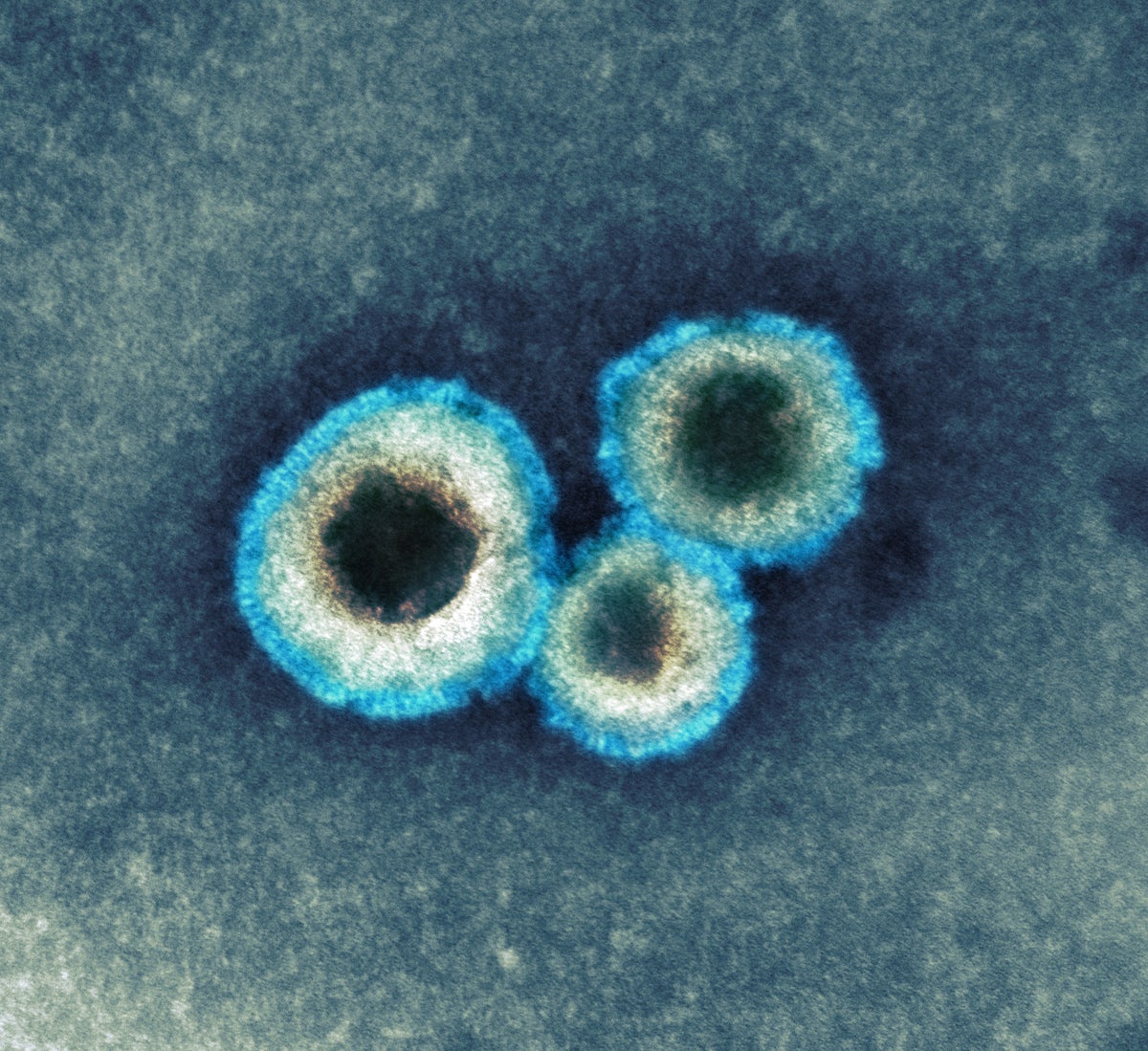Dear Thomas, Andreas Kleinert’s black-and-white artistic biopic of the late poet, writer, and film director Thomas Brasch, has won the Lola for best film at the 2022 German Film Awards.
Kleinert also won best director and Albrecht Schuch took the 2022 best acting prize for his starring role as Brasch. It’s the third acting Lola in three years for Schuch, who won two Lolas in 2020, both for best actor (for System Crasher) and best-supporting actor (for Berlin Alexanderplatz). His Dear Thomas co-star Jella Haase won best supporting actress, and Thomas Wendrich took the best screenplay Lola for his script. Dear Thomas also won the Lola for best editing for Gisela Zick, best costume design for Anne-Gret Oehme, and best cinematography for Johann Feind.
Keeping Dear Thomas from a clean sweep at the 2022 Lolas in Berlin Friday night was Rabiye Kurnaz vs. George W. Bush, Andreas Dresen’s heartwarming true David vs. Goliath tale about a mother fighting to save her son from Guantanamo. Meltem Kaptan got the best actress nod for her starring performance, in her first major film role, plays the titular matriarch who battles the system. Co-star Alexander Scheer won best supporting actor for his performance as the aging idealistic lefty lawyer Bernhard Docke, who helps Kurnaz take her case all the way to the supreme court. Rabiye Kurnaz also won the Silver runner-up Lola for best film. Rabiye Kurnaz premiered at the Berlin Film Festival this year, where Kaptan won the best actress trophy.
Sebastian Meise’s prison drama Great Freedom, which follows a man repeatedly imprisoned under Paragraph 175, which criminalized homosexuality in Germany for decades after the end of the Nazi dictatorship, took the Best Film Lola in Bronze.
In the other technical categories, Heiko Schmidt, Kerstin Gaecklein and Roman Braunhofer won best make-up for their work Great Freedom; Sabrina Sarabi’s literary adaptation No One’s With The Calves took best sound design for the team of Jonathan Schorr, Dominik Leube, Gregor Bonse, and John Gürtler. The Lola for best original film music went to Annette Focks for her score to Karoline Herfurth’s Wünderschon.
Tobias Wiemann’s The Path, the story of two kids and a dog on the run from the Nazis, won the 2022 Lola for best children’s film. Another children’s film, Gregor Schnitzler’s live-action/animation feature School of Magic Animals, took best visual effects for Dennis Rettkowski, Markus Frank and Tomer Eshed.
Antonia Kilian’s The Other Side of the River, which follows a 19-year-old Syrian woman who escaped from an arranged marriage across the Euphrates only to return with a Kurdish military unit to try and free her city from the Islamic State, won the 2022 Lola for best documentary film.
The 2022 Bernd Eichinger Prize, which honors excellence in film producing, went to Berlin-based Komplizen Film, whose recent features included Pablo Larraín’s Lady Di biopic Spencer staring Kristen Stewart, and Ildikó Enyedi’s The Story of My Wife with Léa Seydoux. An honorary lifetime achievement Lola was awarded to German cinematographer Jürgen Jürges (Funny Games, John Rabe).
The gala awards ceremony, held in Berlin Friday night, put a shiny gloss on what has been a horrible year for German cinema. Box office receipts in 2021 were just $395 million (€373.2 million), barely up on the €318 million box office of 2020, at the peak of COVID-19 lockdown measures, and barely a third of the $1.08 billion (€1.024 billion) German theaters took in pre-pandemic 2019.
Of the six Lola best film nominees this year, only two (Sönke Wortmann’s university comedy Contra, which earned $7.2 million at the German box office, and Herfurth’s romcom Wünderschon, earning $15.6 million) can be called hits. Of the top 20 films released in Germany last year, only three were local-language.
Friday’s winners and nominees take home a nice piece of change — $529,000 (€500,000) prize money for best film, $265,000 (€250,000) for a nomination — but for the German film industry, the real challenge remains to get local audiences to spend more of their Euros on home-grown cinema.


























































